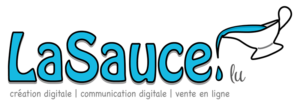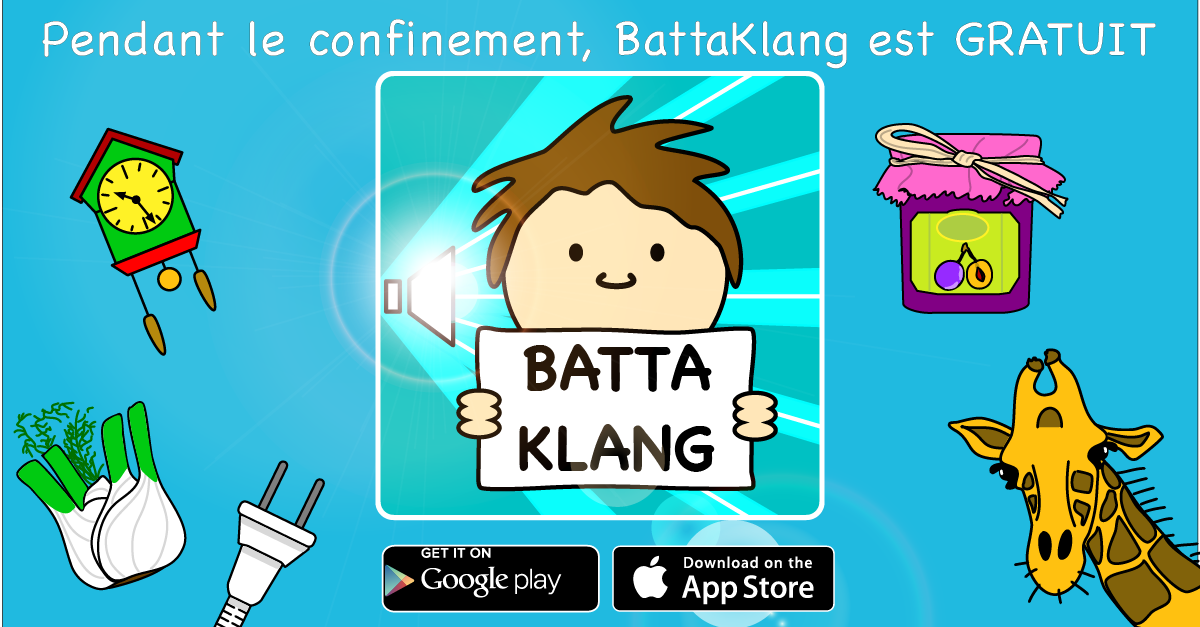I have often spoken about gamification since I created LaSauce.
I talk about it in articles on my blog and whenever I present my two apps BattaKing & BattaKlang (*)
Today, I would like to share the thoughts with you that lead me to this new approach.
Learning & Teaching skills
Teaching skills, or pedagogy is the science of developing educational technics, skills that are mostly used in a school environment.
As soon as you leave the school environment, further education is quickly replaced by“on the job training”. Which just means that “you-do-what-I-tell-you-and-how-I-tell-you-it-has-always-been-done-this-way-so-we-ain’t-changing-anything”
Training companies are forced by the market to adapt their pricing and are asked to shorten the training courses, to highly condense the contents and to lower the prices.
On the employer’s side, they are looking for higher ROI and preferably at short term, with assessments before and after the training sessions. These trainings are often subject to reimbursement from the employee if they fail to succeed or if they resign.
On top of being a part of a salary package (or a part of a rehabilitation program), trainings are linked to performance obligations, pushing more and more pressure on thelearners side.
In these conditions, training is no longer a process driven to acquire knowledge. It is an obstacle race where the trainee has to deal with flashbacks of school exam angst and fear of failure.
It is a paradox that a person who feels stuck in their career by a lack of knowledge will justify the gap by saying that they need training. And on the other hand, they will come up with a multitude of excuses to avoid most of the training offers.
One of my great regrets regarding the school system is that it suggests that the fact of acquiring a certificate or a degree is an end. Schools do not explain how to put the acquired knowledge to use or how to permit it to evolve in a professional environment.
And, on top of that, comes the fact that social and professional environments do notenhance the added value of lifelong learning. Resistance to change is going to be very hard to fight.
Learning method(s)
It can be difficult for a teacher to share knowledge using several methods simultaneously. This is a shame for the learner, because they will be submitted to their teacher’s method first before acquiring new knowledge.
The method is no longer a vector for knowledge and turns into an learning obstacle.
For example : you need to read a book to know what it’s about. Yet, you can get various versions as an audiobook with wording exactly the same as the written book and for no difference in price.
If the aim is to know what the book is about, both methods need to be seen and proposed as equal. The learner should be given the choice of which method suits them the best.
But, when we talk about books, it is kind of implied that we read the script – even if this is at the detriment of whatever knowledge is held in the work.
This is a simple example but it clearly highlights the impact that a method has on the acquisition of knowledge.
So many learning methods exist. However, when we take on the role of a trainer, we tend to use the method we trust the most, despite what is good for others.
- I need to write things down to remember? Before holding my presentation in front of a classroom, I will hand out notepads to my students to take notes.
- I need to listen to what is being talked about? I will hand out a document with the course content to all students and I will then talk about specific subjects.
- I need to learn by myself ? I will make computers available to my students and walk through the exercises withthem, so they can train on their own.
But there is no “best method” to teach something. The best method is the one who suitsyour students and helps them acquire knowledge.
And that’s why I decided to go for an innovative approach to gamification.
And finally ? Is gamification a new learning method ?
In regard to my article, I don’t personally believe that gamification is a method. It’s more of an alternative.
The added value of digital learning is to be able to connect various methods inside a program. They can coexist simultaneously and drive the learner to acquire knowledge.
A good side-effect of working on gamification concepts is that you have to give up thinking in an old fashion way. We have to innovate : innovate on knowledge delivery as well as the user interface / game play. We have to incorporate challenges and entertainment to make sure that the game will be fun and efficient.
For my first projects (*), I gave priority to a special model : making a direct link between an object and the word in another language.
The learner does not have to translate the word. They can, if they want. But they can also try by themselves by clicking around until they find the right combination. There is no penalty whatever they do.
They can read the word and listen to it as often as they want. Every minute they play, they learn.
Choosing a mobile app instead of a web based one is also intentional : knowledge needs to be able to follow the learner anywhere they go and be available whatever their lifestyle.
Gamification can be played by one person on a smartphone or as a friendly challengeon a tablet.
With gamification, the learner takes the control of their learning. They decide when and where they want to learn. Without any pressure, any penalty, with positive attitude and smile.
Want to know more about gamification ? I recommand articles on Landsapce (Playing the game) and the two excellent websites promoting digital learning (in french) edupronet and Ludovia.
(*) Check out BattaKing to learn 1.000 English words (also available on AppStore and Google Play)
or BattaKlang to learn 1.000 Luxembourgish words (available on AppStore and on Google Play)
This article is the translation of a french version Gamification : nouvelle méthode d’apprentissage ?
Big thanks to Ruth for the review 🙂







